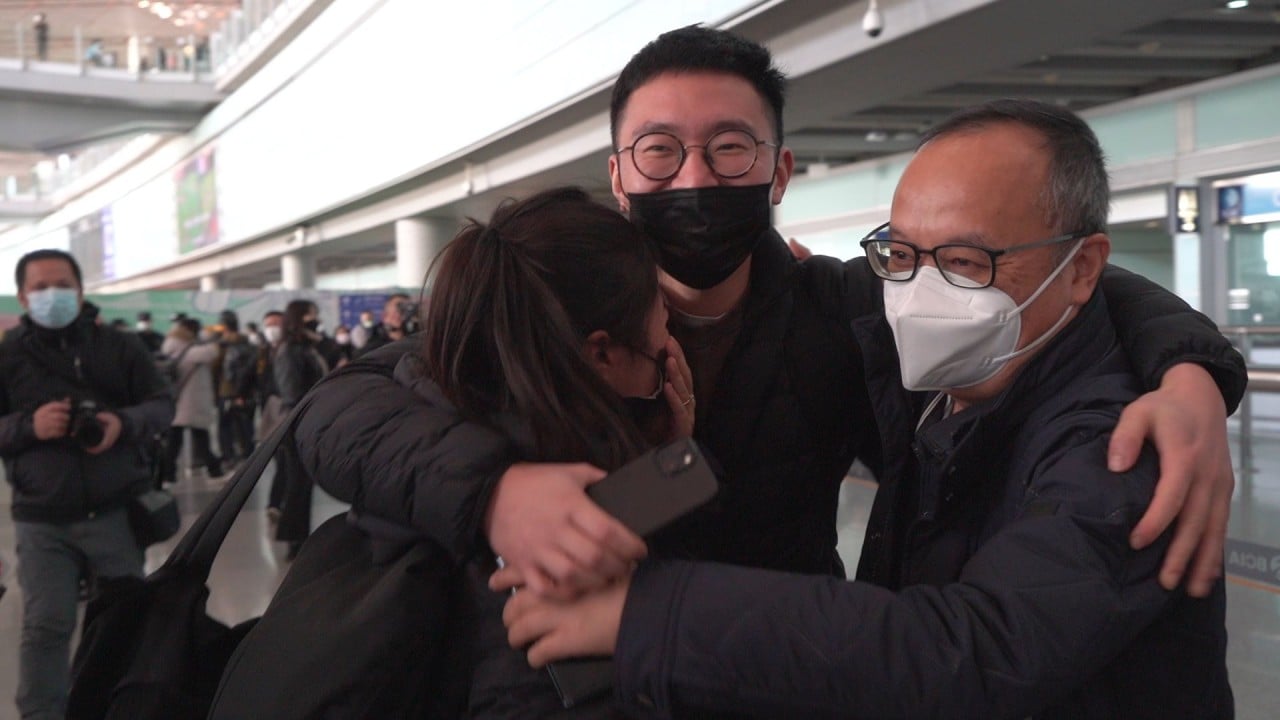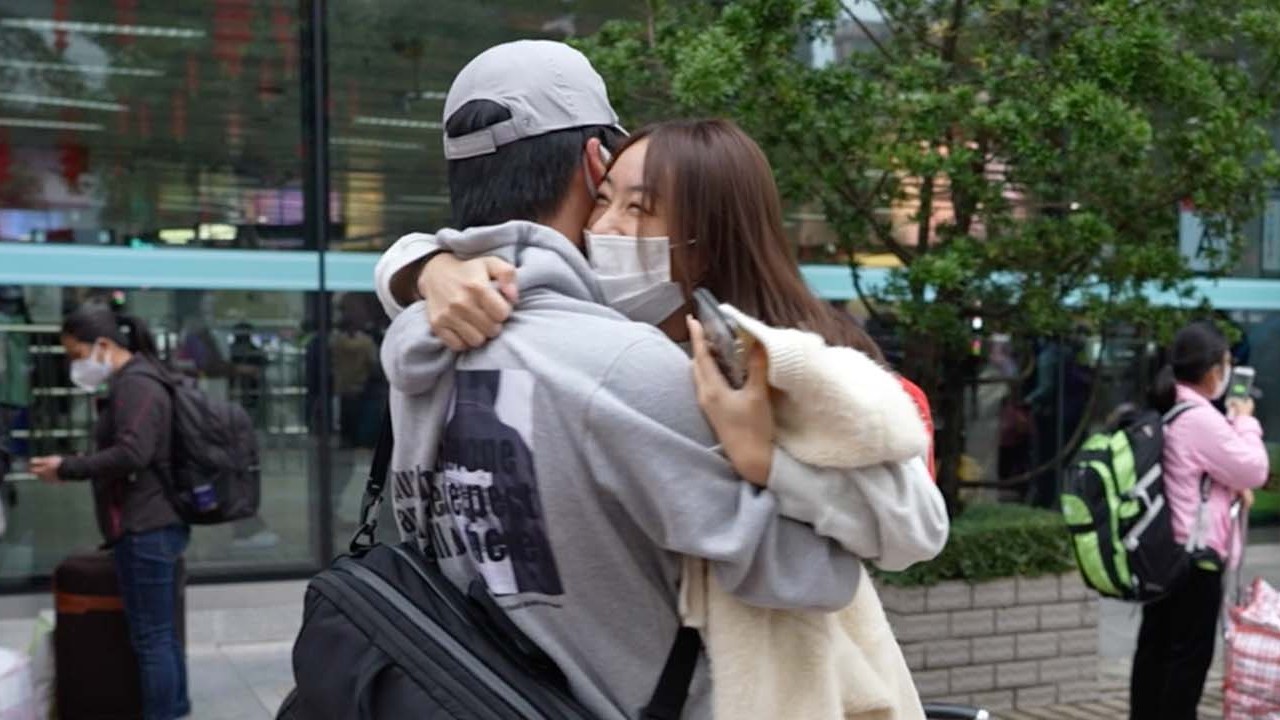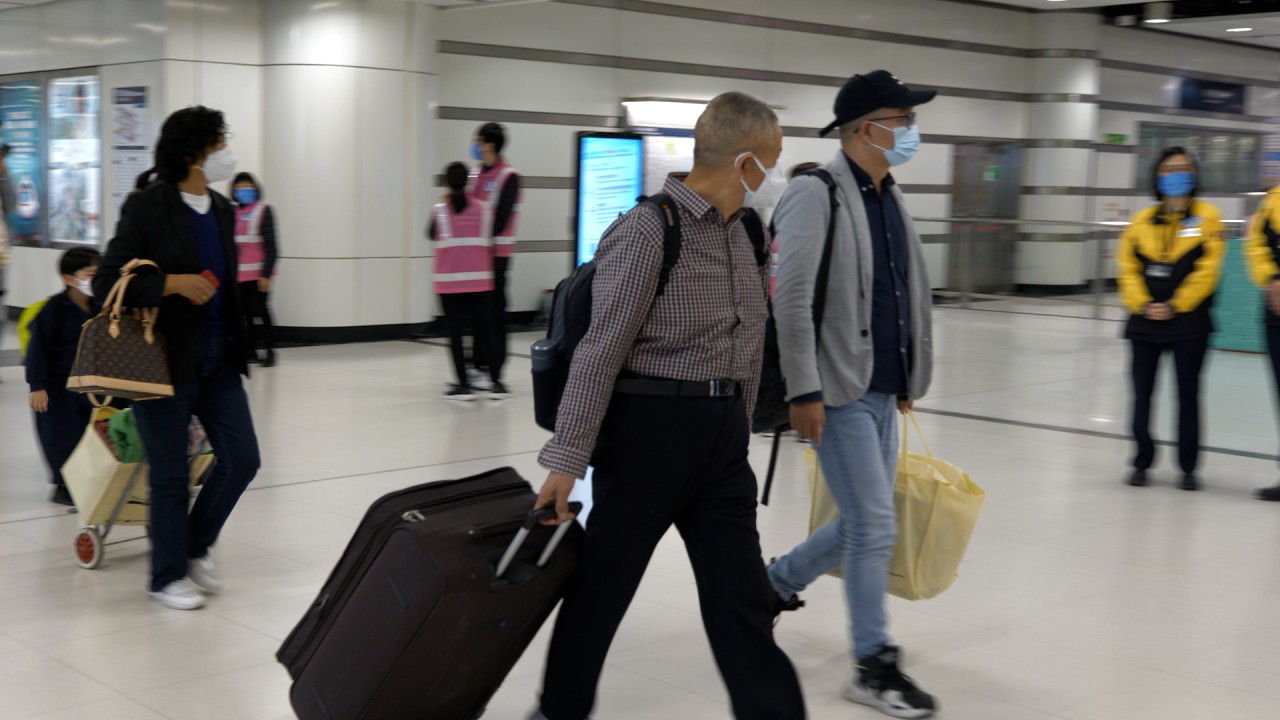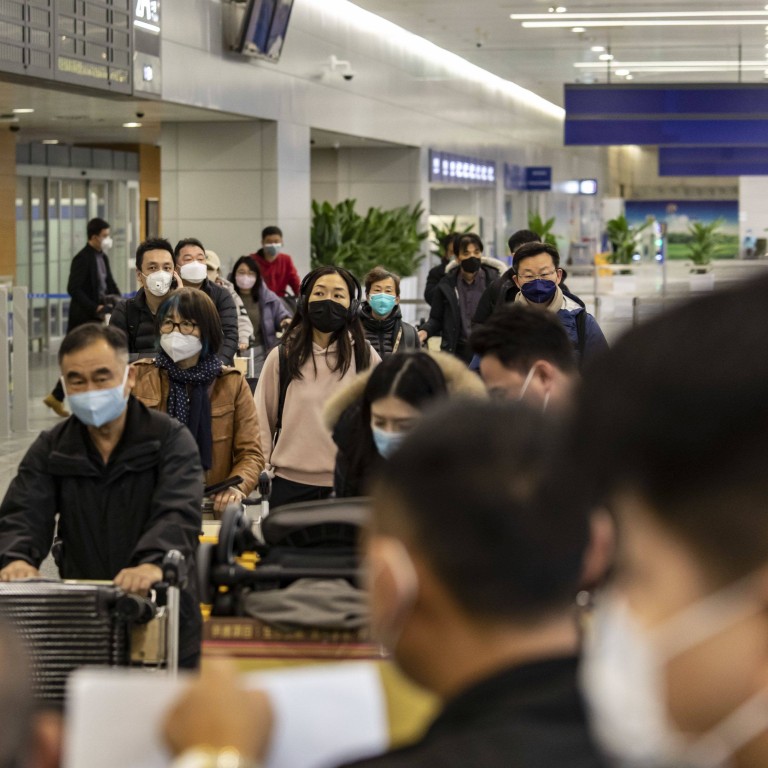
Global Impact: China takes down its Covid-19 barriers, Xi Jinping hails a ‘light of hope’
- Global Impact is a fortnightly curated newsletter featuring a news topic originating in China with a significant macro impact for our newsreaders around the world
- In this edition, we look at China officially scraping centralised quarantine and Covid-19 tests on arrival from Sunday
Authorities will also start issuing tourist and business visas to allow Chinese nationals to travel to Hong Kong as part of a gradual resumption of land border checkpoints with the city, as well its other special administrative region, Macau.
The business community has long demanded that China lift its virus control measures, and now travellers only need to present a negative PCR test result from the last 48 hours.
Traders from the United States to Africa largely welcomed the resumption of travel to China, even though they are still cautious about their business plans.
Part of the reasons behind the testing requirements is concerns over new Omicron strains that will make the virus more transmissible. Some health experts say a more severe variant is unlikely, but China needs to stay vigilant.
Some have complained that the pivot away from zero-China was too sudden and that they simply did not have time to prepare.
Officials have also warned that rural areas might be hardest hit by the virus during the Lunar New Year’s travel rush, pledging to improve medical services and supplies.
60 second catch-up
Deep Dives

Millions worked in China’s mass testing system. Now they’re out of a job
-
Huge army of ‘big whites’ in hazmat suits are scrambling to find work after the zero-Covid policy came to an abrupt end
-
Most testing booths have been closed down, and there’s also a mountain of medical supplies that are no longer needed
Pharmacist Zhao Yonggang had been taking throat swabs at PCR testing booths in Beijing since May. But when the zero-Covid policy was suddenly abandoned in early December, mass testing was no longer required – and neither were the workers.

Amid Covid gloom, China’s tourism industry faces long road to recovery
-
Following eased pandemic controls, sector struggles to shake off three-year slump
-
Travellers with less to spend booked shorter trips during the New Year holiday
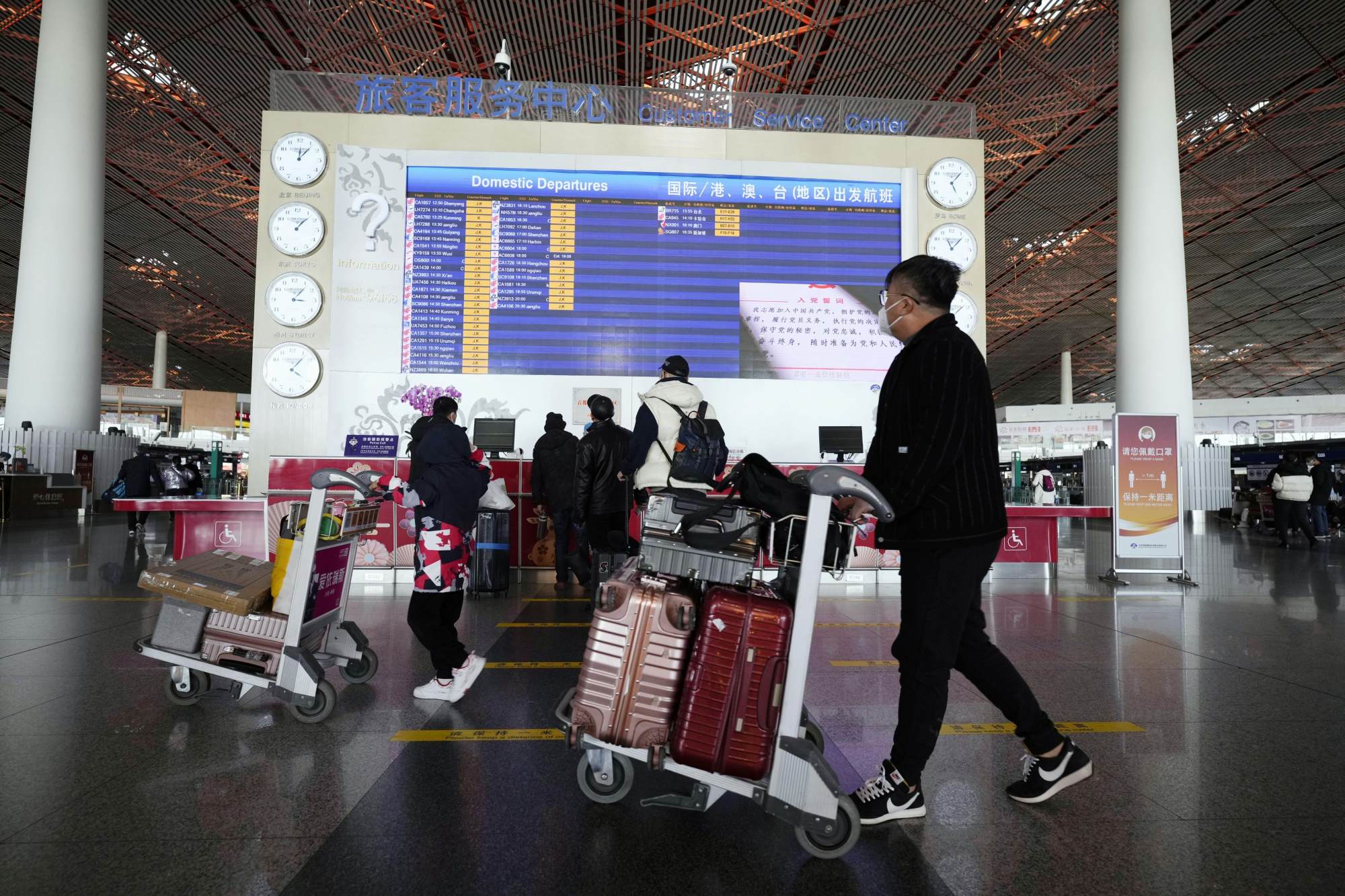
‘China has turned the corner’: foreign business groups welcome reopening plan
-
End to quarantine on arrival and resumption of international flights paves way for resumption of normal activity, American Chamber of Commerce in China says
-
Easing coronavirus rules is also expected to enable more crucial in-person contact

African traders welcome end of China’s Covid travel curbs
-
Thousands of businesspeople from the continent have been unable to meet suppliers over the past 3 years
-
Some traders say they have been able to source goods online, but others believe they will benefit from face-to-face contact
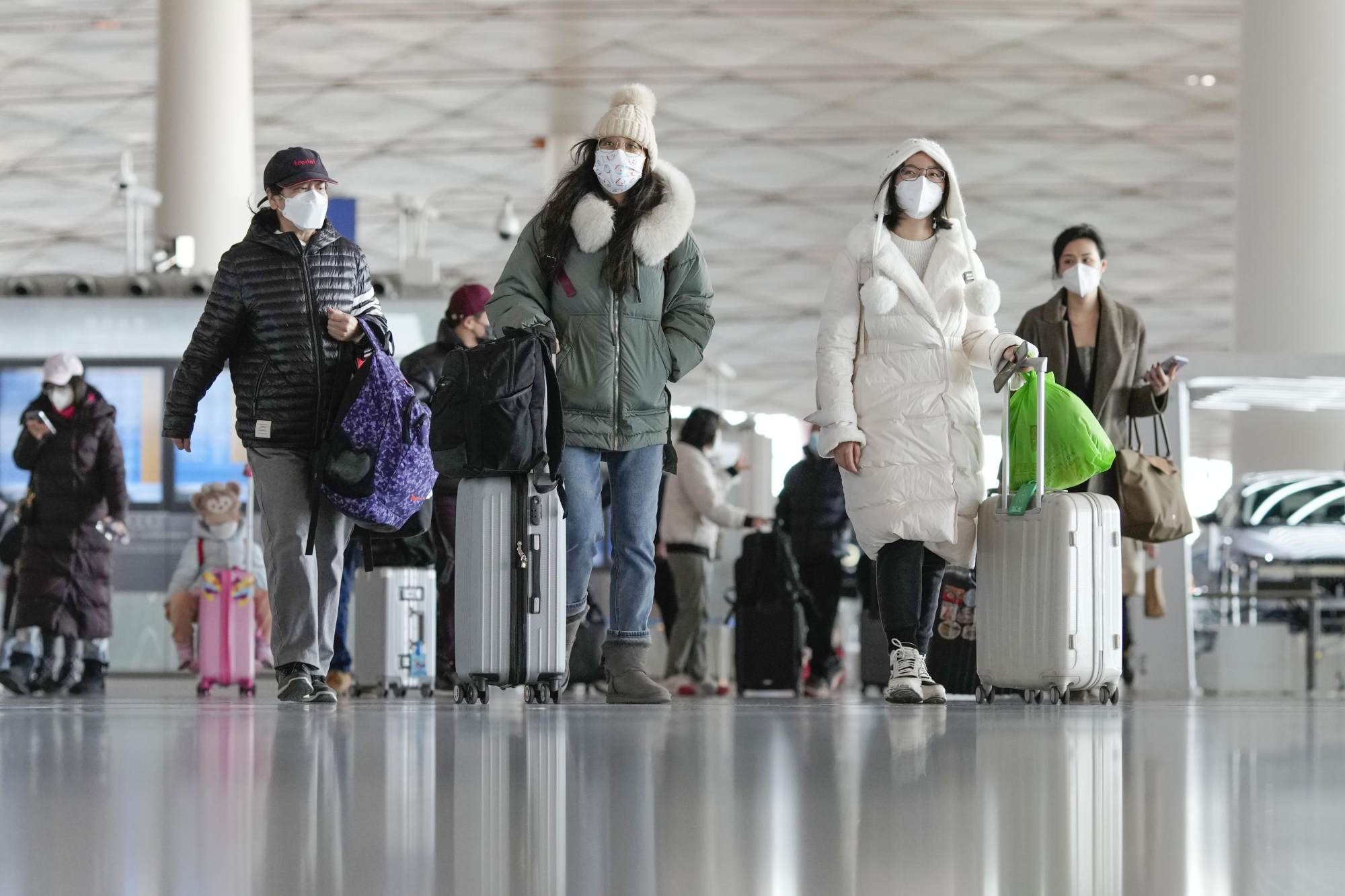
Coronavirus: US will require travellers from China to test negative for Covid-19 before entering
-
American health officials are imposing the restriction, effective January 5, after China’s National Health Commission stopped releasing data on caseloads
-
‘We have just limited information in terms of what’s being shared related to the … cases that are increasing, hospitalisation and especially deaths,’ a US official says
“The United States is taking preventative, proactive steps to protect Americans’ public health,” one of the officials said.

China’s sudden shift from Covid-zero raises more questions than answers
-
People who were grateful for the precautions are asking why the time wasn’t used to prepare for the current surge
-
Officially, daily infections are in the thousands and deaths are minimal but social media outpourings paint a different picture
Wang, who lost his job as an IT engineer when his multinational employer divested from China during zero-Covid, did not expect the lifting of the policy to throw his life into further disarray.

China’s reopening presents rest of world with dilemma: put out the welcome mat or tighten border controls?
-
Countries such as the US, Japan and Italy are testing new arrivals, while other countries are actively courting Chinese tourists
-
Many European countries as well as Australia and New Zealand have started campaigns on social media saying they welcome visitors from China
At least six governments have announced new restrictions on new arrivals from mainland China, but other countries have launched or stepped up campaigns aimed at attracting Chinese visitors with slogans such as “waiting for you” or “waiting until I see you”.
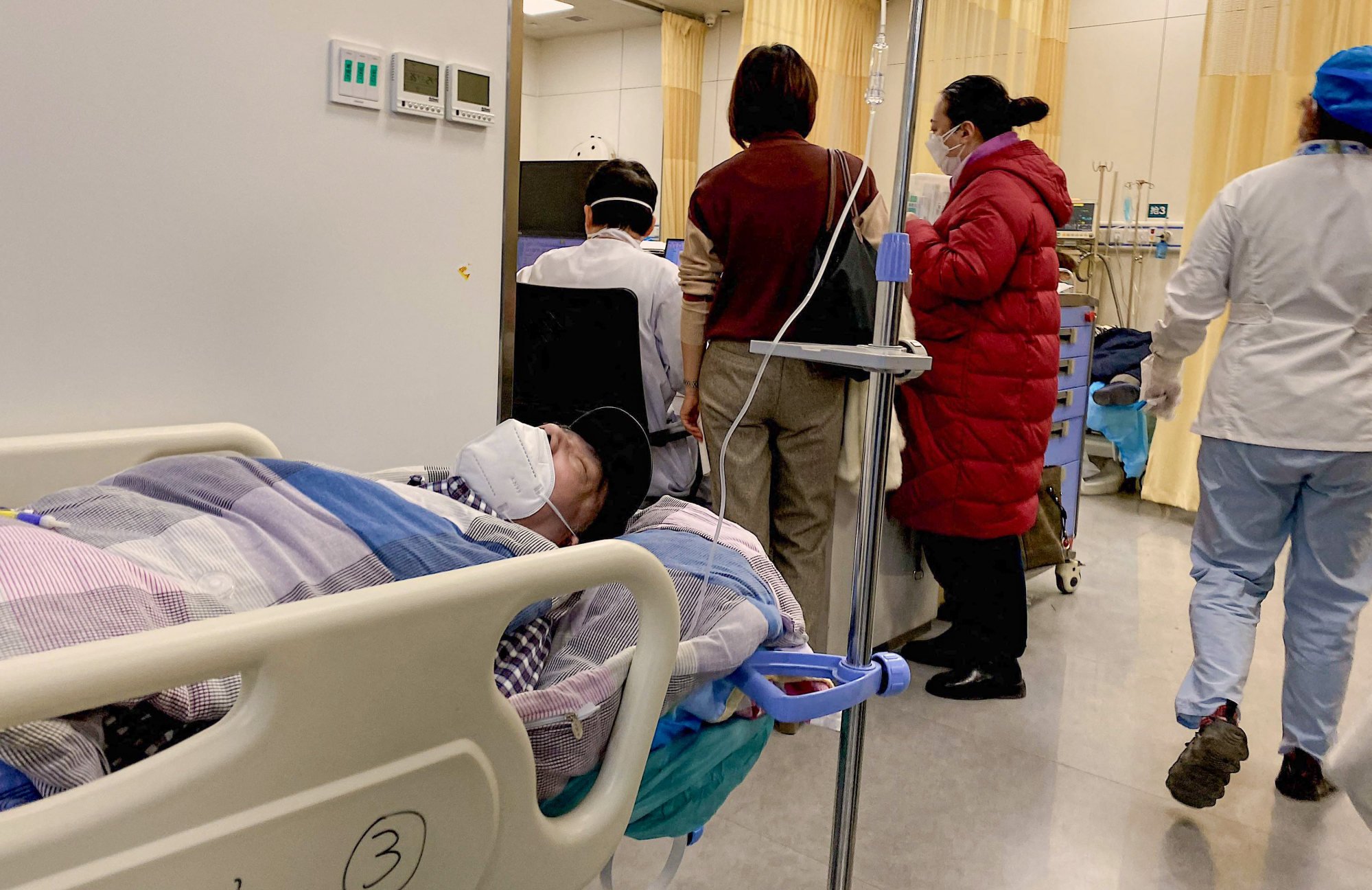
Covid-19 is ripping through China. Could a new variant of concern emerge?
-
Some health experts believe a more severe variant is unlikely to appear, but say it’s critical to closely monitor the situation
-
There could be ‘less pressure for the virus to evolve to evade immunity’ in the country after it stuck to strict pandemic curbs for so long
But despite China’s low immunity and 1.4 billion population, some health experts believe a more severe version of the virus is unlikely to appear – though they say it is critical to stay vigilant and closely monitor the situation.
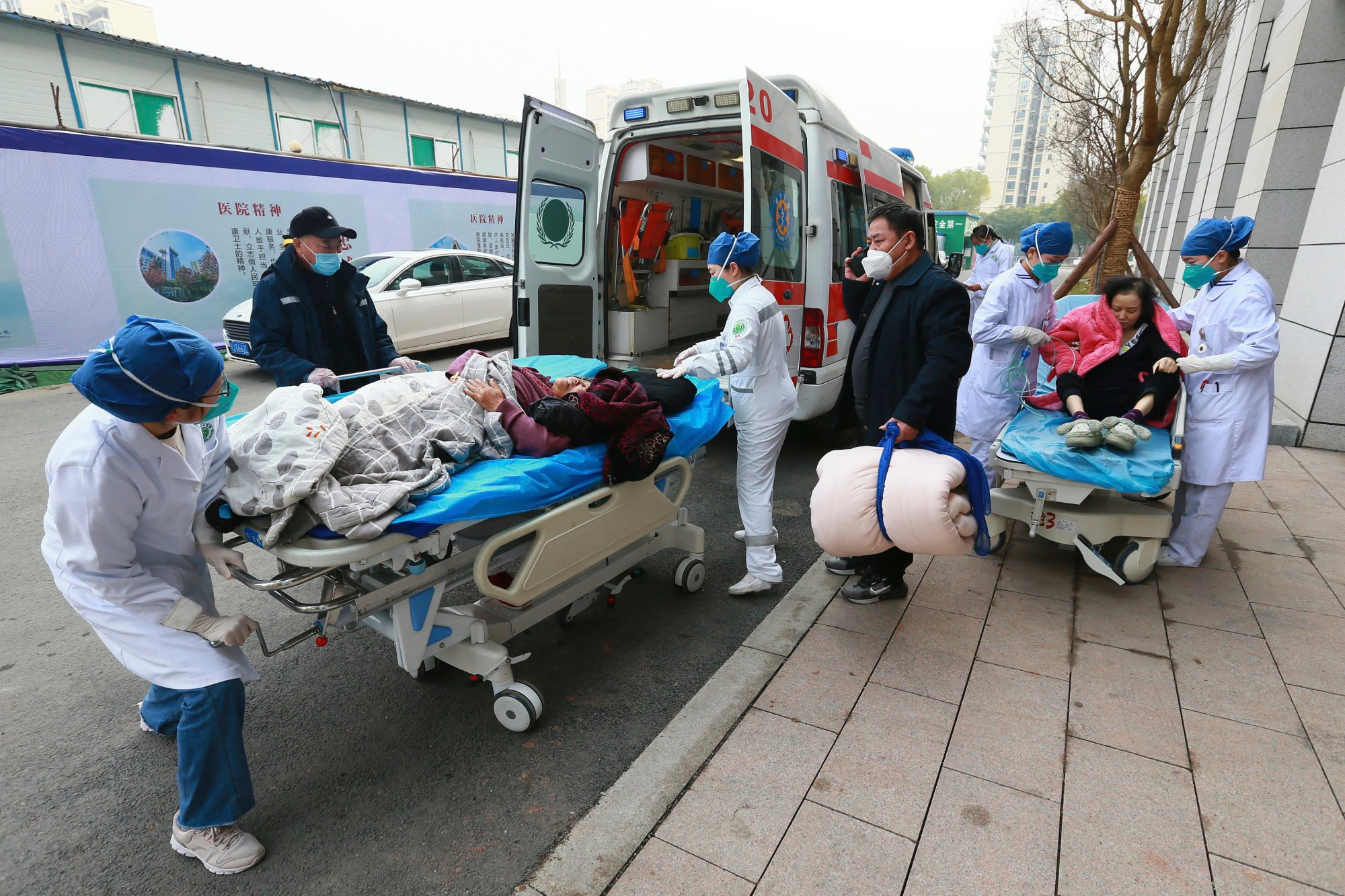
China orders Covid-19 sewage watch as ‘living with virus’ begins
-
‘Sewage surveillance’ appears on China’s national Covid-19 directives for the first time as last of zero-Covid curbs are lifted
-
As many as 130 sub-lineages of the Omicron variant have been detected in China in the past three months
“Sewage surveillance” – a technique piloted in megacities such as Beijing and Shenzhen – appeared on China’s national Covid-19 directives for the first time as central authorities issued a new list of monitoring strategies last week.

As Covid sweeps through China, drugs, medical devices are hottest tickets online
-
Amid health scares and scarcity, oximeters and oxygen generators are must-haves
-
Residents scour the internet for supplies fearing they won’t have them when they need them
The first time Huang Lipeng came across a “pulse oximeter” was on Douyin, China’s version of TikTok, last week.
The 30-year-old IT engineer from Zhuhai, in southern China’s Guangdong province, quickly bought an oximeter for his family after watching videos that said people with diabetes should pay special attention to their blood oxygen levels.
Global Impact is a fortnightly curated newsletter featuring a news topic originating in China with a significant macro impact for our newsreaders around the world.


